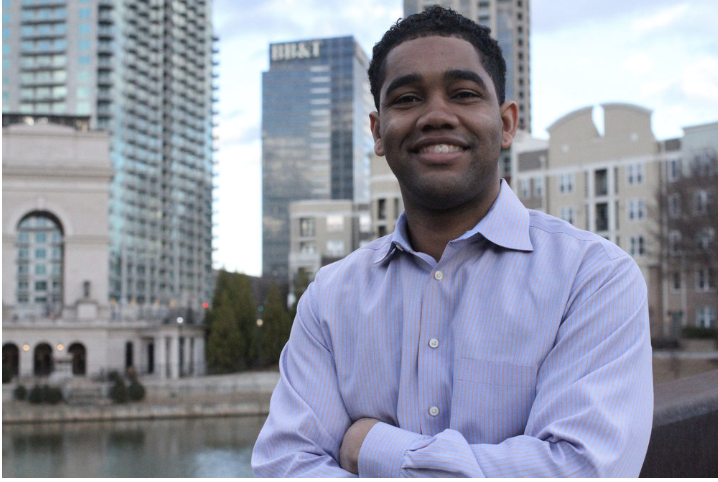(Public Speaking Tip #33)
“You Can Never Ask Too Many Questions”
In high school, there were some occasions where I struggled along with my classmates to grasp whatever was being taught. Sometimes it was due to our lack of studying. Other times it was due to our lack of paying attention. And then there were some cases where we genuinely didn’t understand the information that day. Before the bell rung, the teacher would ask… “Anyone have any questions?”… and no one would say a word. All of us (including the teacher), knew good and well that we all had a ton of questions. The teacher had the right to be frustrated and all of us left confused knowing bad grades were sure to come. I always flashback to that time when I start working with a new client. I always make sure to ask plenty of questions. Not to be nosy and pry into their lives, but to get an overall understanding of the person I’m working with and what we are about to get into. I’ll ask personal questions to gauge the mindset. Then I’ll ask specific question related to the event we are preparing for. You want to do your best to know the ins and outs of what you are about to get into and the only way you can do that is by asking plenty of questions. I never want my client to walk into a situation blindly.
But not just any questions. Like with many other aspects of the speaking process, you have to ask the right questions. You must have a goal in mind and then know how to craft the questions that will help you achieve that goal. As a speaker, you have to right to ask a ton of questions because ultimately it’s your reputation that will be on the line, plus you want give your audience the most useful content possible. Event organizers also welcome questions because it helps reassure them that they picked the right person. So for instance, one of the most obvious questions you should be asking if you are booked to speak at a conference or any type of event is “How long will I be speaking for?” You have to know how much content you need to come up with. You’ll want to know exactly how long you will be on the stage talking. Initial nerves usually set in when a person actually realizes the amount of time they have to talk and that’s why knowing this information right off the bat would really help anyone out. Knowing what to expect ahead of time can prepare you.
Approach this game like it’s never just “another talk”. It’s never really just “another talk”. Each time you are given an opportunity, it could be different from the last. When you are speaking in front of different audiences, it’s natural that you will encounter different expectations. How do you know how to give your audience what they need in that specific moment if you don’t inquire? Why would you want to put all of your audiences into one boat and treat them the same? So with that being said, I always ask: “What would you like for this specific keynote to achieve for this specific audience”. I’m putting this emphasis on specific, because yes.. I’m asking the question with each client I work with and I’m getting a difference answer every time. So if you are a speaker and you are asking the event organizer this very question, you are bound to get a different answer to the same question every time… because expectations vary from person to person. And varying answers is something you should always anticipate. It makes each keynote you give, truly unique.
Anytime you are agreeing to speak, you should be seeking information out. It should be information that will help you provide the best experience. A good host that has asked you to speak to their audience should do their best to provide you with as much useful information as possible from the jump. But that doesn’t always happen. So when it doesn’t, never feel like you should perform off of an assumption. One of the keys to you and your audience being on the same page is for you and the creators of the event to be on the same page. They’ve done the social media marketing. They’ve spread the word about the event. An expectation has been set and it’s on you to ultimately deliver. You are one of the most delicate and influential pieces of the puzzle. So if you aren’t sure about something, ask the question. It’s ok to ask the same question in multiple ways just to be sure. Everybody will benefit.
Make your next presentation, your best presentation!
Sincerely,
Julian A. Leonard
(Founder of The JLeonard Group LLC)
Previous Tip
Public Speaking Tip #32:
“Ditch The Lectern”
Nervous energy comes along with being on the speaking stage and we tend to deal with this energy by using multiple crutches. Some people do the hands in the pocket. No matter how long they are talking for, at least one hand has to be…

